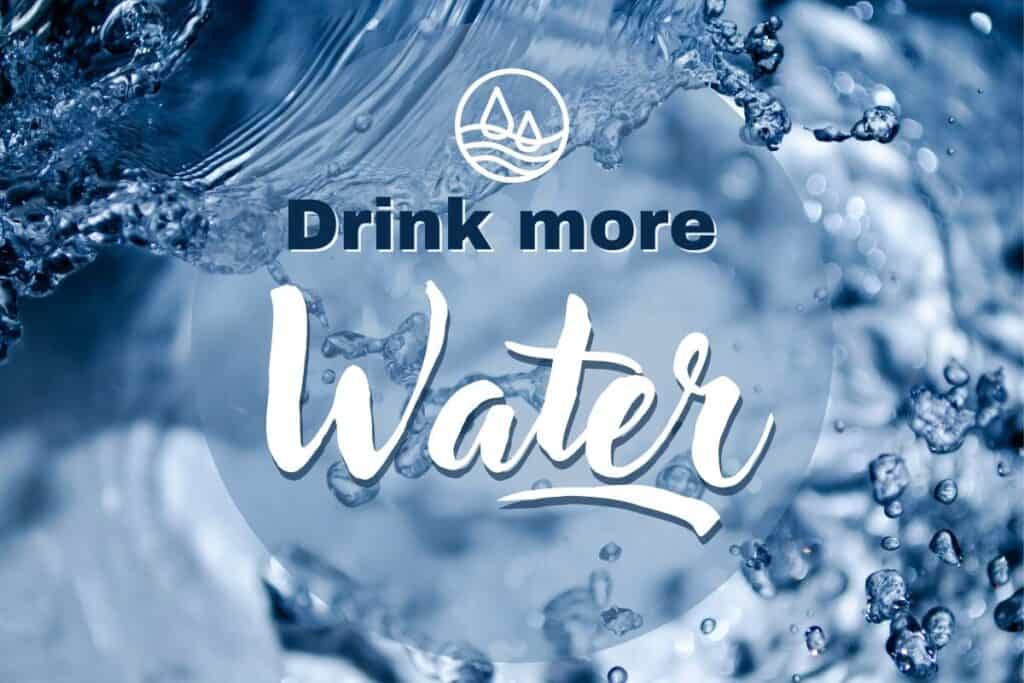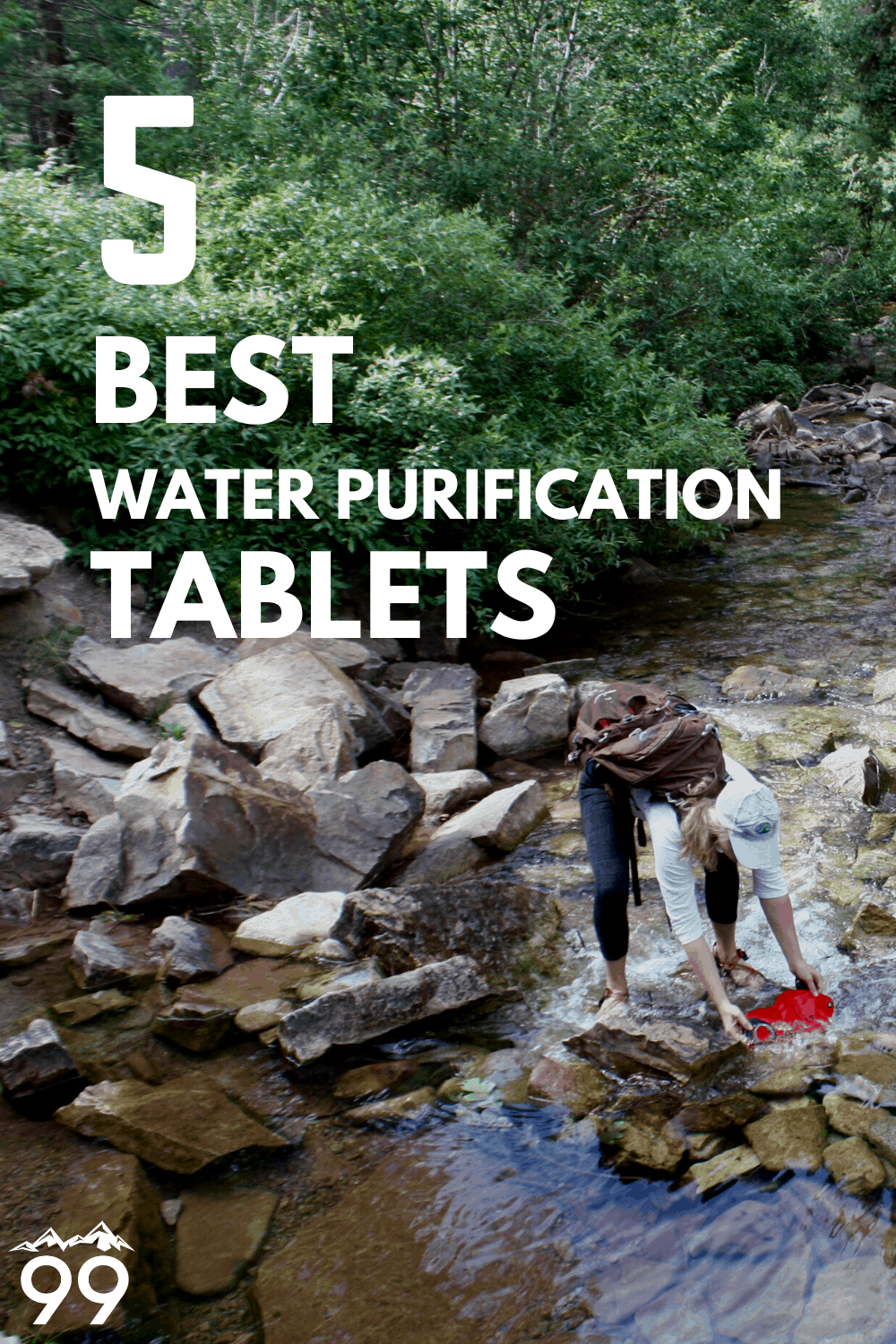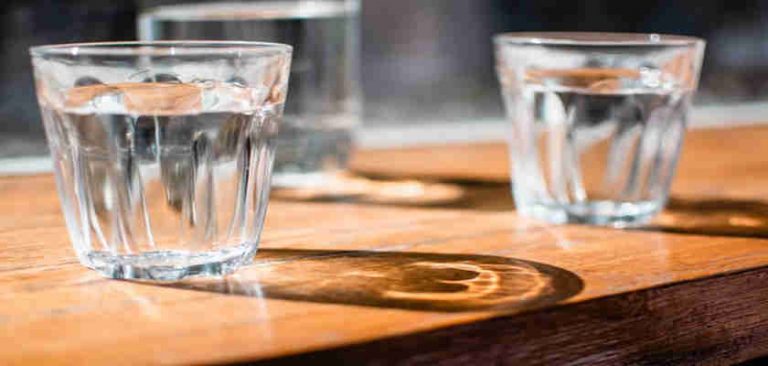Yes, water purification tablets do expire.

Here’s the breakdown:

Shelf life:

- Chlorine and iodine tablets: Typically expire after 3-5 years if not used.
- Specific brands: Check the expiration date printed on the packaging. Some brands may have varying lifespans.
Factors affecting expiration:
- Chemical breakdown: Over time, the active ingredients in the tablets (chlorine or iodine) degrade, becoming less effective in killing harmful microorganisms.
- Environmental factors: Exposure to heat, light, moisture, and air can accelerate the breakdown process.
Open vs. unopened bottles:
- Unopened bottles: Generally good for the full shelf life as long as stored properly.
- Opened bottles: Should be used within 1 year for optimal effectiveness, even if the expiration date hasn’t passed. This is because exposure to air can increase the degradation rate.
Why it’s important to avoid expired tablets:
- Reduced effectiveness: Expired tablets may not be able to fully disinfect the water, potentially leaving harmful bacteria and viruses alive.
- Taste and smell: Degraded tablets can affect the taste and smell of your treated water.
Storage tips:
- Keep tablets in their original packaging.
- Store in a cool, dry place, away from sunlight and heat sources.
- Tightly close the bottle after use.
Always follow the manufacturer’s instructions and guidelines on the packaging for proper use and storage.
Alternative disinfecting methods:
If you’re unsure about the efficacy of your tablets, consider other water purification methods, such as boiling, filtration, or UV treatment.
By understanding these points, you can ensure safe and effective water purification using tablets. Remember, expired tablets won’t guarantee safe drinking water, so check the expiration date before relying on them!










